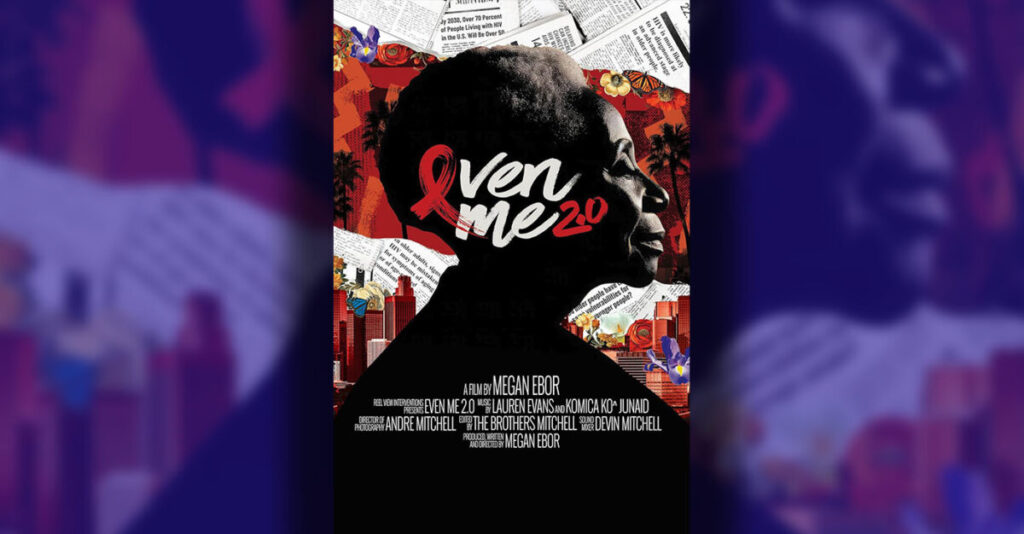By Stacy M. Brown
NNPA Senior National
Correspondent
A decade after its acclaimed debut, the award-winning documentary Even Me returns with a powerful sequel, Even Me 2.0: Unfinished Business. Debuting on Prime, the new film revisits the lives of older African American women living with HIV, an often-overlooked group at the center of a crisis that still grips Black communities across the United States.
Created by San Diego State University researcher and filmmaker Dr. Megan Ebor, Even Me 2.0 follows a suspenseful journey to reconnect with the original cast, capturing the emotional and, at times, heartbreaking outcomes of their stories.
The film provides a rare longitudinal lens into the evolving HIV epidemic and confronts the persistent stigma and systemic inequities that continue to shape the lives of Black women aging with HIV.

The timing of the film’s release coincides with a troubling reality highlighted by the latest data from AIDSVu, a leading public resource that visualizes HIV-related data to promote informed public health decisions. Although Black Americans comprise just 12% of the U.S. population, they accounted for 38% of new HIV diagnoses and 39% of people living with HIV (PLWH) in 2022.
Black men and women had the highest rate of new HIV diagnoses among all racial and ethnic groups in 2022. For youth aged 13–24, Black Americans made up half of all new HIV diagnoses, far outpacing other demographics. Despite these alarming figures, Black individuals represented only 14% of PrEP (pre-exposure prophylaxis) users in 2023, pointing to a dangerous gap in prevention access.
The problem goes beyond treatment access. According to AIDSVu data, Black people living with HIV report the highest levels of stigma and the lowest rates of viral suppression. In 2022, 22% of Black PLWH in the U.S. also reported unstable housing or homelessness—the highest rate among all races and ethnicities.
Dr. Ebor’s research explores how these structural and social barriers intersect with age, race, and gender. Through her film and faith-based partnerships, she seeks to advance HIV education and eliminate stigma. She described her work as a departure from the top-down approach, instead elevating the voices of those directly impacted. “This approach is about amplifying lived experience to promote health and wellness within their communities,” she said.
The return of Even Me comes as advocates and researchers urge a renewed national focus on Black communities in the HIV response. Earlier this year, during National Black HIV/AIDS Awareness Day, AIDSVu Principal Scientist and Emory University Professor Patrick Sullivan stressed the need to remain focused.
“Our role is to make sure there’s a transparent view, and to just keep shining that light,” Sullivan remarked. Even Me 2.0 aims to do just that. Through raw storytelling and intimate reconnections, the film reframes public health dialogue and reminds viewers that HIV remains a pressing—and preventable—crisis in Black America.




